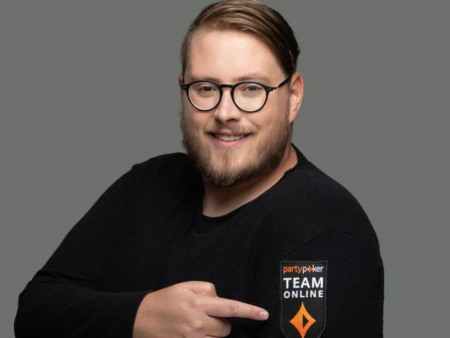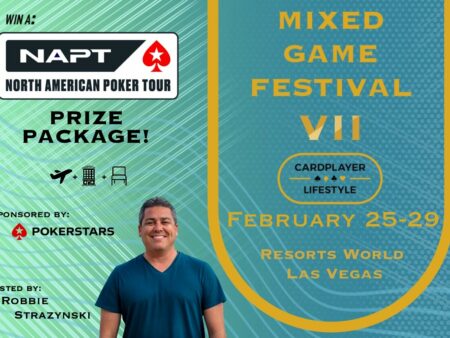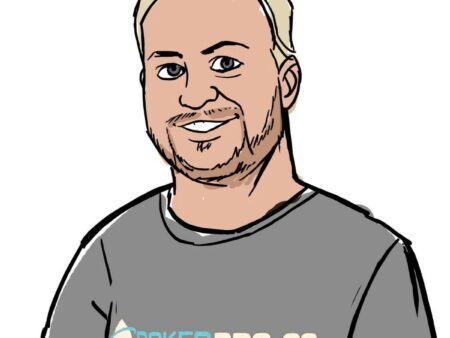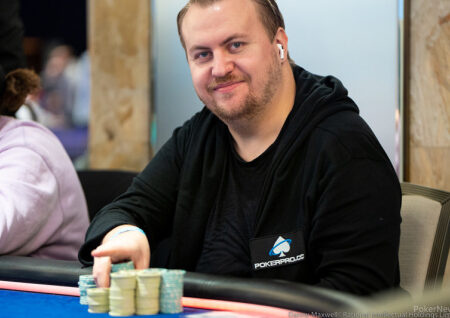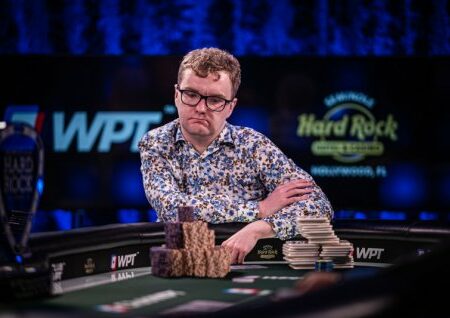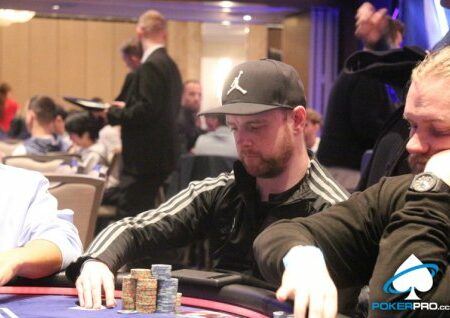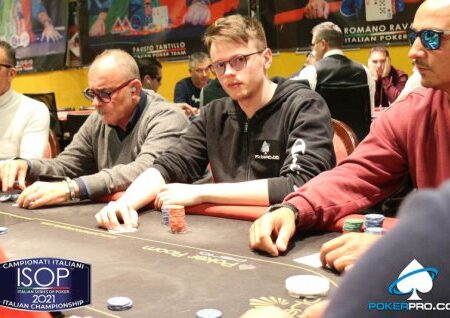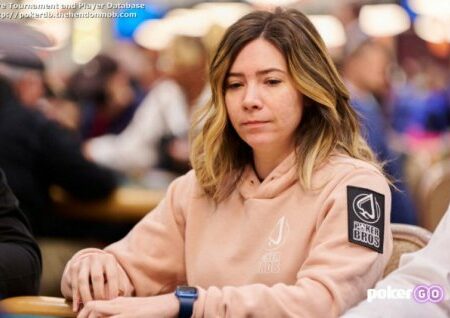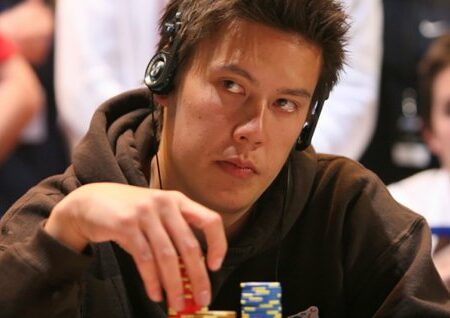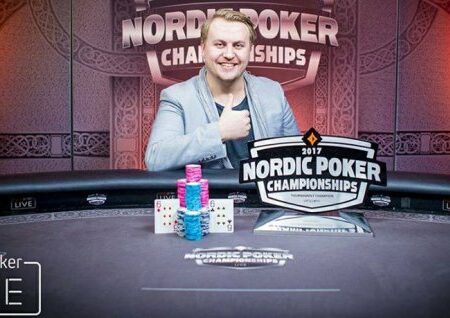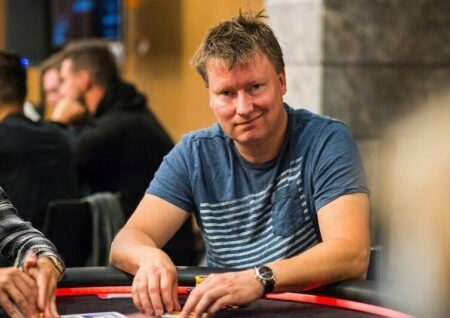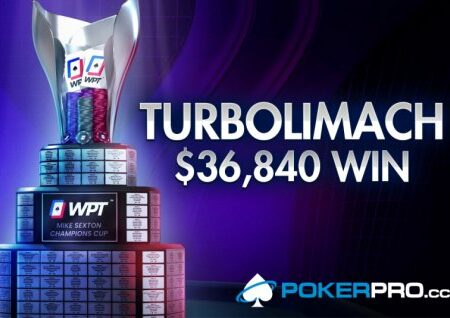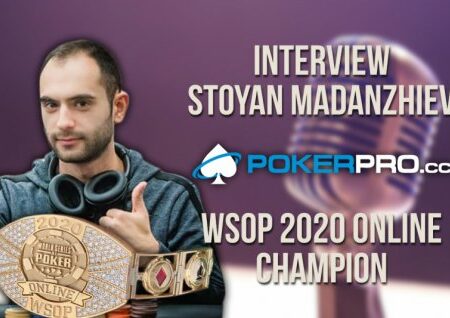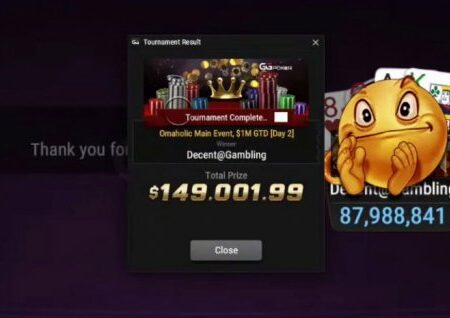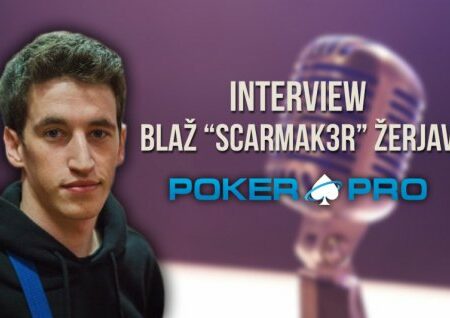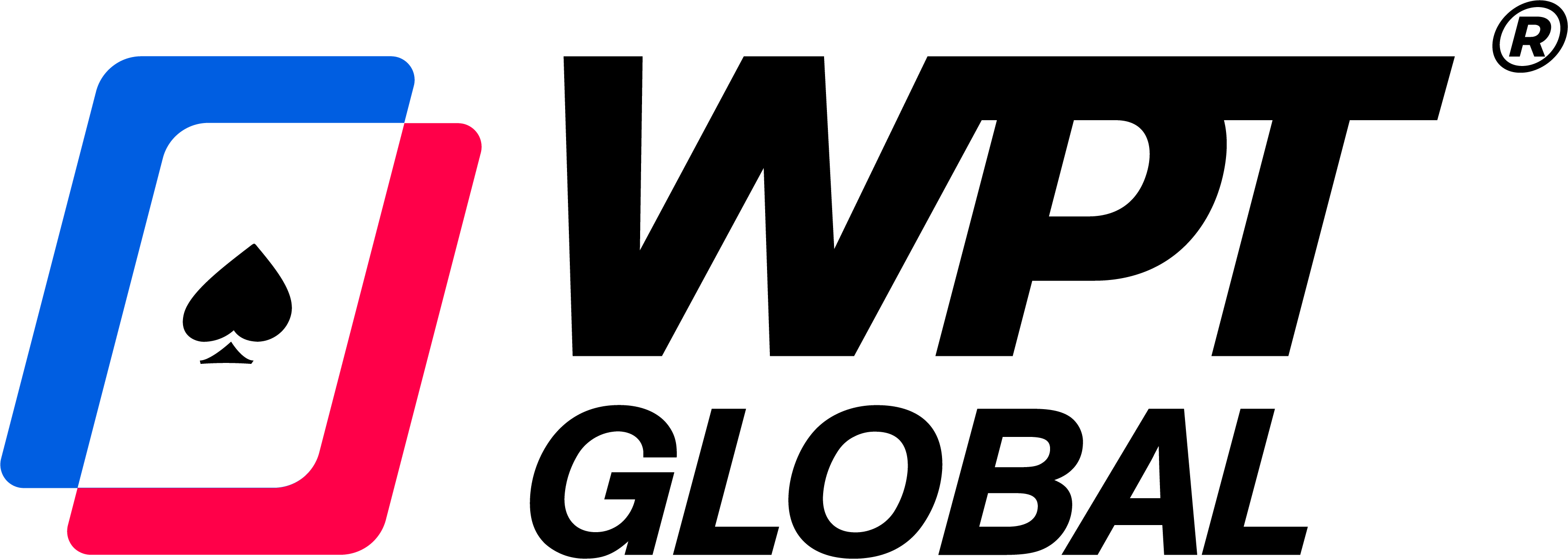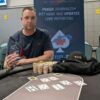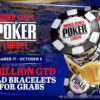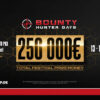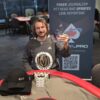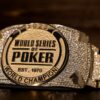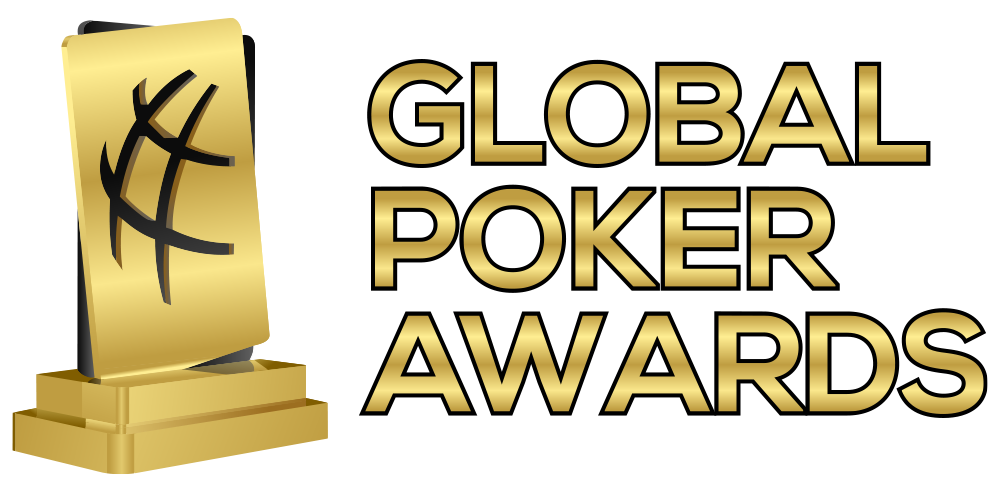
In this insightful interview, we delve into the world of professional poker with a Slovenian player, Tim Kovacic, who shares his journey from casual games in a friend’s barn to competing in international live tournaments. Reflecting on recent experiences at Slovenian Poker Tour in King’s Casino Rozvadov, he highlights the significance of live play for the Slovenian poker community and underscores the dedication required to excel in this demanding profession.
First, tell us how would you rate your experience at Slovenian Poker Tour in King’s Casino Rozvadov?
It was great. For me, this was my first live experience outside Slovenia, so it gave me even more motivation going forward because I plan to travel to live events every 2-3 months while also playing online. It was good to see how everything works at such events, and I gained some valuable experience for the future. It was nice to see so many Slovenian poker players gathered in one place after a long time, as there aren’t many live tournaments in Slovenia (except in Casino Perla) and they are sorely missed.
At least in Casino Perla things are moving in the right direction, as the interest is huge.
The fact that around 150 Slovenian poker players came to Rozvadov is the best indicator of how much live play is missed in Slovenia. The organizers of SPT have a great interest in maintaining the Slovenian poker community at a high level, and it shows that they are trying their best. Personally, I always try to collaborate with everyone in Slovenia involved in poker, as this is the only way our community and recognition in the world can grow.
Let’s go back to the beginning of your poker career. When did you first encounter poker, and when did you transition to a professional level?
I first played poker about 6 years ago at a friend’s barn, which literally means we had a poker table on one side and cows on the other. It was all just for fun, and I didn’t think I was any special talent for poker at the time. However, I knew I loved the game, so I soon switched from playing video games to online poker. Soon, I began to see patterns in the game, how players in similar situations played the same way, and it was fun to exploit them. The main breakthrough happened when I won a tournament for about €800 in Bled and used that money to buy an online poker course, which significantly raised my poker level. That’s when I decided to devote my time not only to playing but also to learning, which immediately showed in my profit curve. During COVID, I contacted Miha Jeraj after reading his posts on the PokerPro forum, and from him, I learned what it actually means to be at a professional level. Together, we decided to put everything else aside and dedicate myself 100% to poker. After years, this means that I have been playing professionally for about 3 years.

Tell us what a day in the life of a professional poker player looks like and what tools you use in the game?
Once you reach a certain level of basic knowledge, for which Miha Jeraj has a lot of credit, I think the best thing for a poker player is to surround yourself with players who are better, worse, and equal to you. I solved this by joining the ‘Coaching for Profits (CFP)’ group, of which there are unlimited options on the market, both for tournaments and cash games. At least once a week, I talk to someone better than me, who dedicates time solely to my game and helps me identify mistakes in play. For a while, I worked on my game alone, and despite being very diligent in learning, there were often too many pieces of information, and mistakes remained in the game. Therefore, it is very important to develop your game with those better than you, although it takes a lot of time on your own as well.
If I play in the morning, the workday is about 6-8 hours long, and if I play in the afternoon/evening slot, it can be up to 14 hours. After each session, I review all the disputed hands and try to solve them immediately; if I can’t, I mark them and solve them when I take time just for that. More than daily, I learn on a weekly basis, which means I save screenshots all week and then take a day a week to solve them. Then I also watch some coaching videos and write down questions that help me answer them in the CFP group. It is also very important to take days where you completely shut out poker from your thoughts, which I admit is not the easiest for me because I quickly feel unproductive.
Good nutrition, exercise, and good sleep are also very important because that’s how we keep our heads working at an optimal level. As for tools and softwares, I use GTO Wizard AI to solve my and opponents’ ranges, PokerTracker for general tracking, and HoldemResources to solve ICM situations.

After all this information there is no need to ask what advice you would give to players looking to transition to a professional level, as you have listed so many. Tell us how others can follow your career, from which every poker player can learn something?
It’s great to see that I get good responses to my posts and blogs, which only further encourages me to regularly post glimpses of my life. Most of the time, players I know contact me, and because of that, I take even more pleasure in taking time for them and answering their questions. Everyone can follow my weekly blogs in Slovenian on the PokerPro forum and in English on the 2+2 forum, where you can also comment and leave questions, to which I will gladly respond because I never ignore and actually want to answer everyone to the best of my abilities. I can say that the latest blog from SPT Rozvadov has already been posted.
What are the plans for the future after returning from Rozvadov?
I took a day off because the drive was really long and tiring, then back to the usual work routine. In the blog, I summarized what I learned from this trip and what I could improve for the next live tournament. I noticed that I quickly lose established routines and need to work on maintaining them even when I’m not at home. Then back to playing and learning as before. This experience has made me even hungrier for live play, so I can’t wait to see everyone again at another event.
Thank you Tim for this engaging interview and we look forward to following your journey and wish you success in your future endeavors, both on and off the felt. Until next time, thank you for sharing your experiences and knowledge with us.

